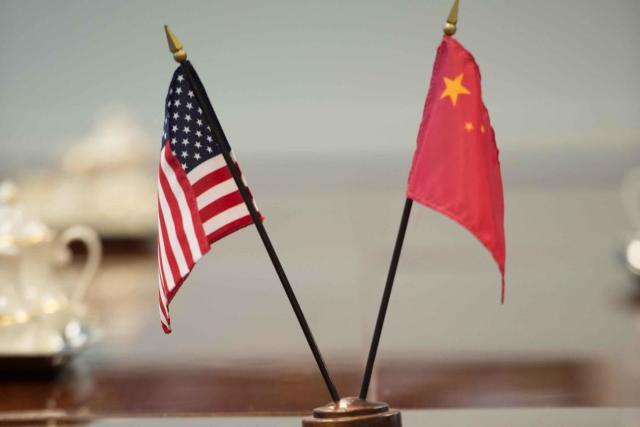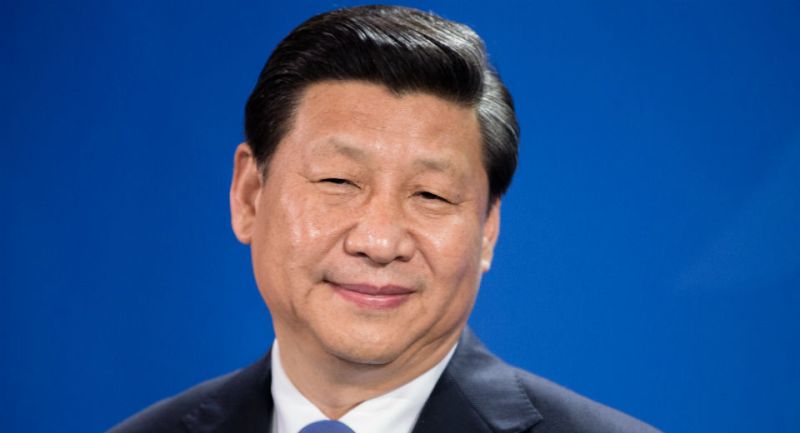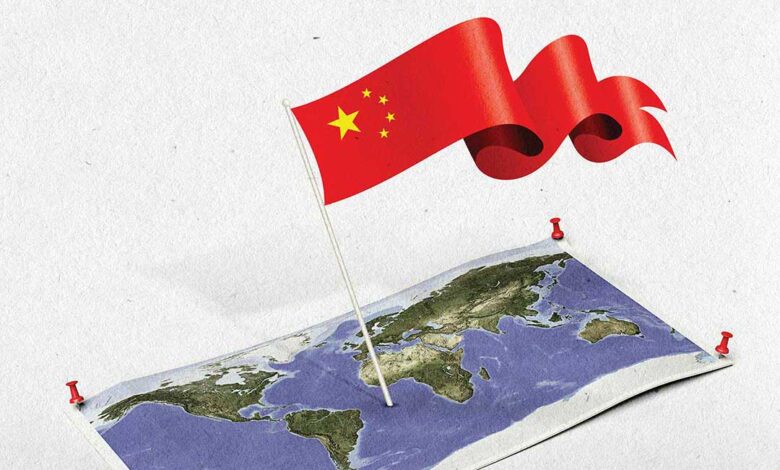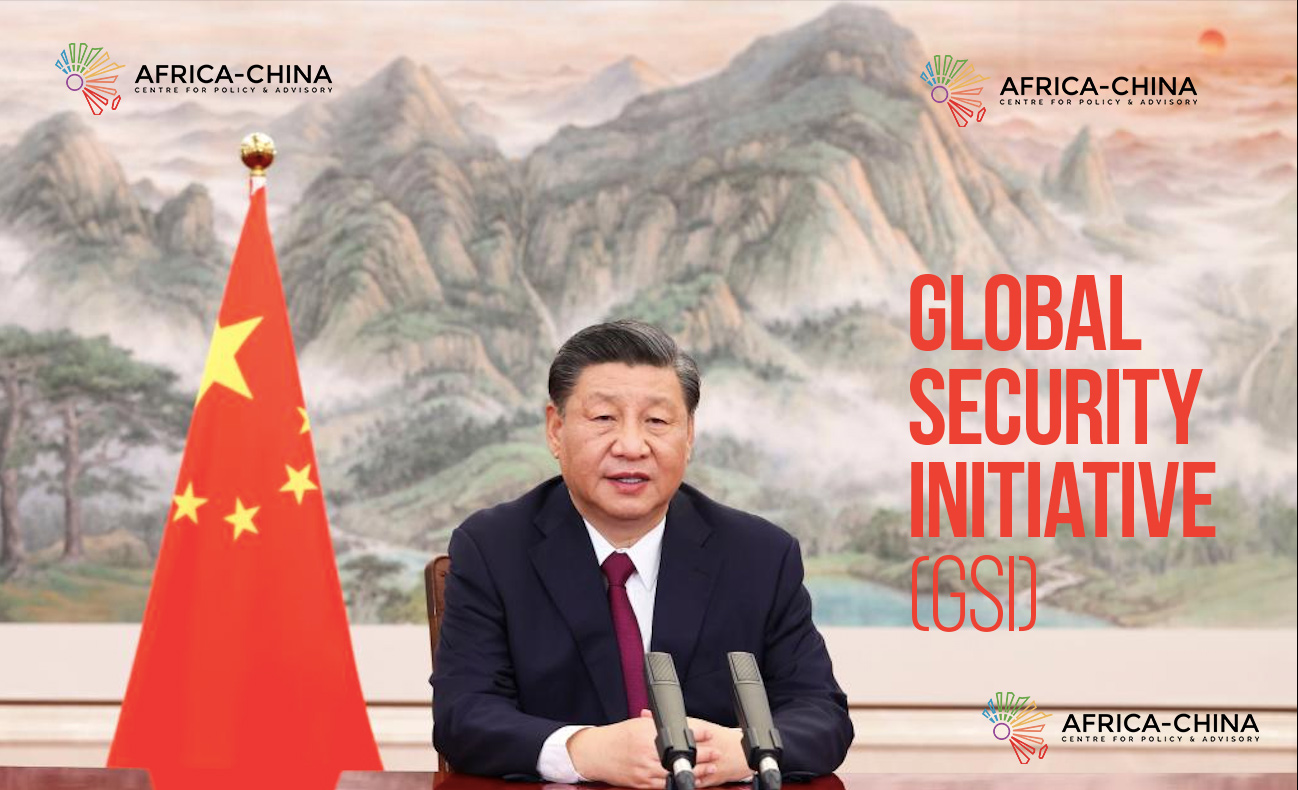Hanoi’s backing of China’s “community of shared destiny” pleased Beijing during President Xi Jinping’s visit. China seeks a post-American world order, banking on public goods like $1 trillion in loans, despite the ambitious yet vague nature of Xi’s vision.
Under Xi’s leadership, China has bolstered existing Sino-centric organizations like SCO, BRICS, and CICA, while introducing new initiatives such as GSI, GCI, and GDI in the past three years, expanding its global influence.
Many of China’s programs may attract the global south, but it’s uncertain if these nations truly desire a post-American future, particularly one dominated by Beijing. China’s multilateralism vision masks its hegemonic ambitions, rather than representing a genuine goal.
Helming Global Power Shifts: China’s Alternative Vision
The U.S.-led system is fracturing, with G-7 GDP declining to about 30% of global GDP, similar to BRICS. China promotes “democratic multilateralism,” prioritizing economic-centered human rights while offering its state-driven development model as an alternative.

China’s rise challenges U.S. leadership, but its initiatives lack concrete achievements. In crises like Kazakhstan or Russia’s invasion of Ukraine, Beijing’s involvement has been limited, with Russia taking decisive action instead of the SCO.
Despite Xi’s assertiveness, there’s a lack of demand for Beijing’s leadership, with many global southern countries opting for multi-alignment. China’s actions, like in the South China Sea and coercion of neighbors, have strengthened U.S. alliances and spurred intra-Asian cooperation.

China’s global economic footprint remains significant despite economic challenges but faces skepticism from the global south. Issues like debt concerns over the Belt and Road Initiative and sovereignty disputes contribute to negative perceptions.
Global Security Initiative
Beijing claims that its Global Security Initiative (GSI) has garnered “support and appreciation” from over 100 countries. Beijing emphasizes respecting sovereignty, cooperative security, upholding the UN Charter, and resolving disputes through dialogue.

The GSI is a modern rendition of the Five Principles of Peaceful Coexistence, a cornerstone of China’s foreign policy since Zhou Enlai introduced them in 1954 after the Sino-Indian Agreement.
Xi’s initiatives offer apparent benefits with minimal costs, but some nations benefit more than others. Despite aspirations to challenge U.S. power, Beijing lacks the security provision capacity, and countries under U.S. protection may criticize it but do not seek its elimination.

In theory, principles like nonaggression and sovereignty protect small states, but China’s evolving noninterference policy, seen in its silence on Russia’s actions and economic coercion against critics, reflects its interests over principles.
